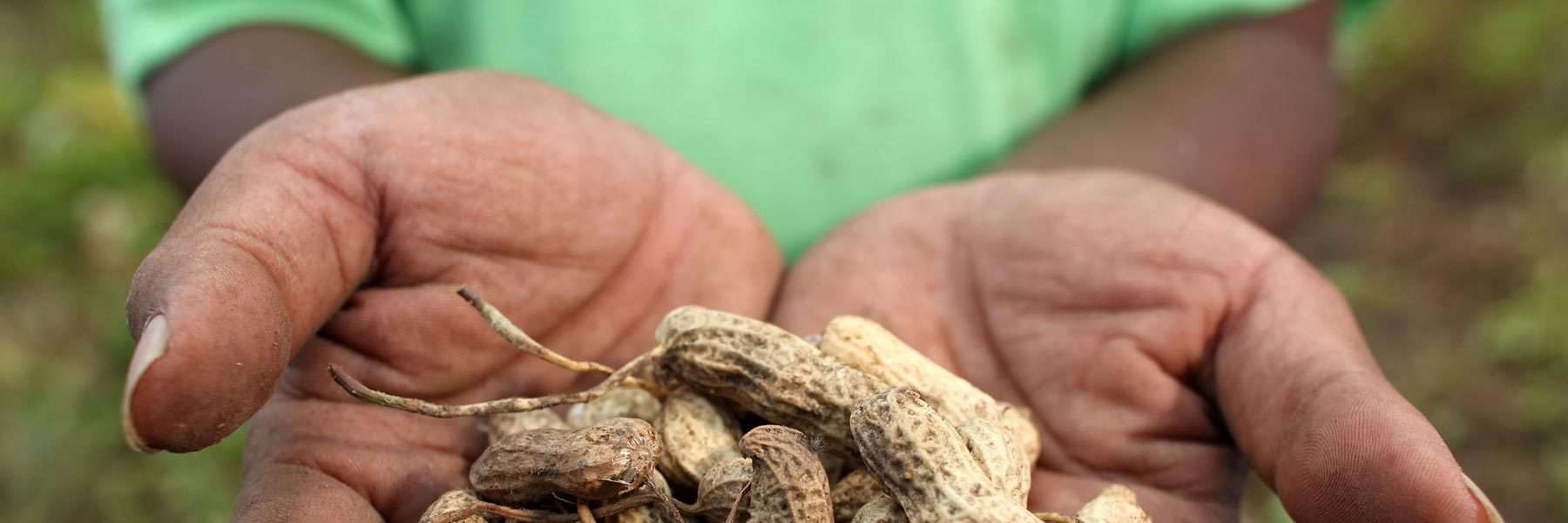NFU Renews Call for #NoDAPL in Solidarity with Standing Rock
Saskatoon—In December 2016 a significant victory was achieved in North Dakota when pressure from the Standing Rock Sioux Tribe, along with other Indigenous and non-Indigenous supporters, managed to convince the Obama administration, through months of struggle, to deny a final permit to complete the Dakota Access Pipe Line (DAPL). Completion of the pipeline would have required drilling underneath the Missouri River, thus damaging sacred sites, threatening water sources, and violating the treaty rights and sovereignty of the Standing Rock Sioux.
However, the political landscape in the United States has recently and drastically changed, as did the future of DAPL. Soon after taking office, the Trump administration signed executive orders to move forward with both DAPL and the Keystone XL pipeline (which the Obama administration also rejected in 2015). Following this reversal, the remaining water protectors at the resistance camp were forcibly and violently evicted by a militarized collection of law enforcement.
The Standing Rock Sioux Tribe and Indigenous grassroots leaders have denounced this move, calling on their allies across North America and the world to peacefully march on Washington, DC on March 10th, 2017 to “protect Unci Maka (Grandmother Earth) for the future generations of all.”
See the following link for more information: http://standwithstandingrock.net/march/
As an organization of farmers concerned with the health and integrity of the land and environment, the NFU repeats its support of the rights of the Standing Rock Sioux to defend their water, land, and treaty rights and stands in solidarity with those marching on Washington DC to bring these issues to light.
“The completion of DAPL represents yet another example of using law enforcement to criminalize dissent and further dispossess Indigenous peoples of their lands and sovereignty,” said Ted Baker, farmer and NFU member. “Small-scale sustainable farming means respecting the land and honouring our relationship to the web of life that supports us,” continued Baker. “Promoting such a sustainable food system requires careful stewardship of the land and this includes standing with, and learning from, Indigenous nations that have been doing this for centuries and who are today protecting and defending the water and lands that we share.”
For further information please contact Terran Giacomini @ 905-505-0171
